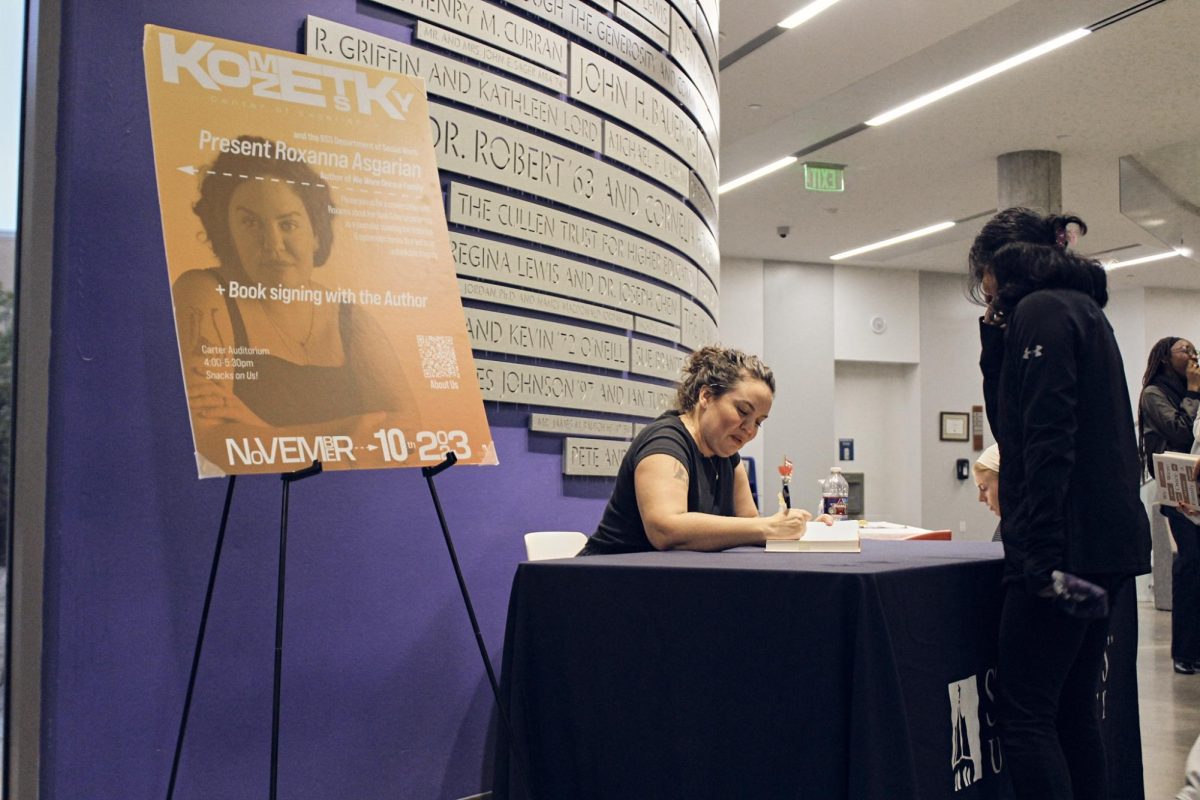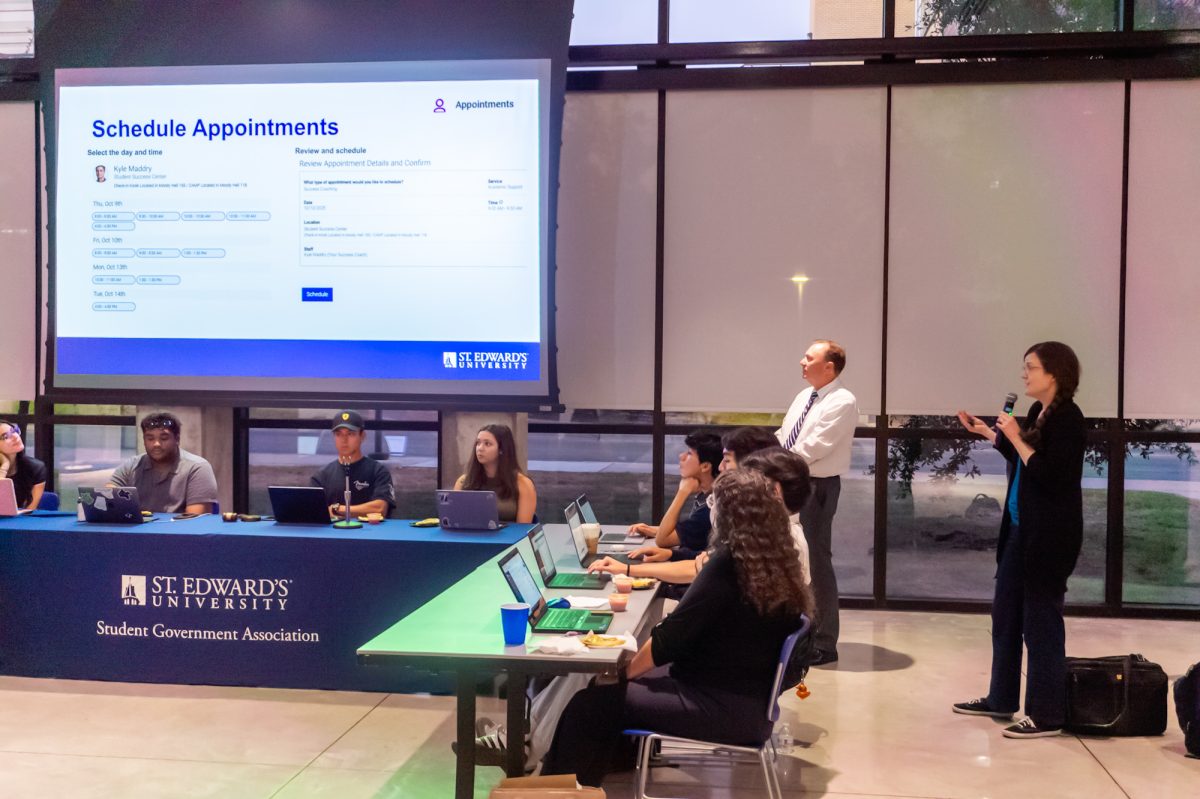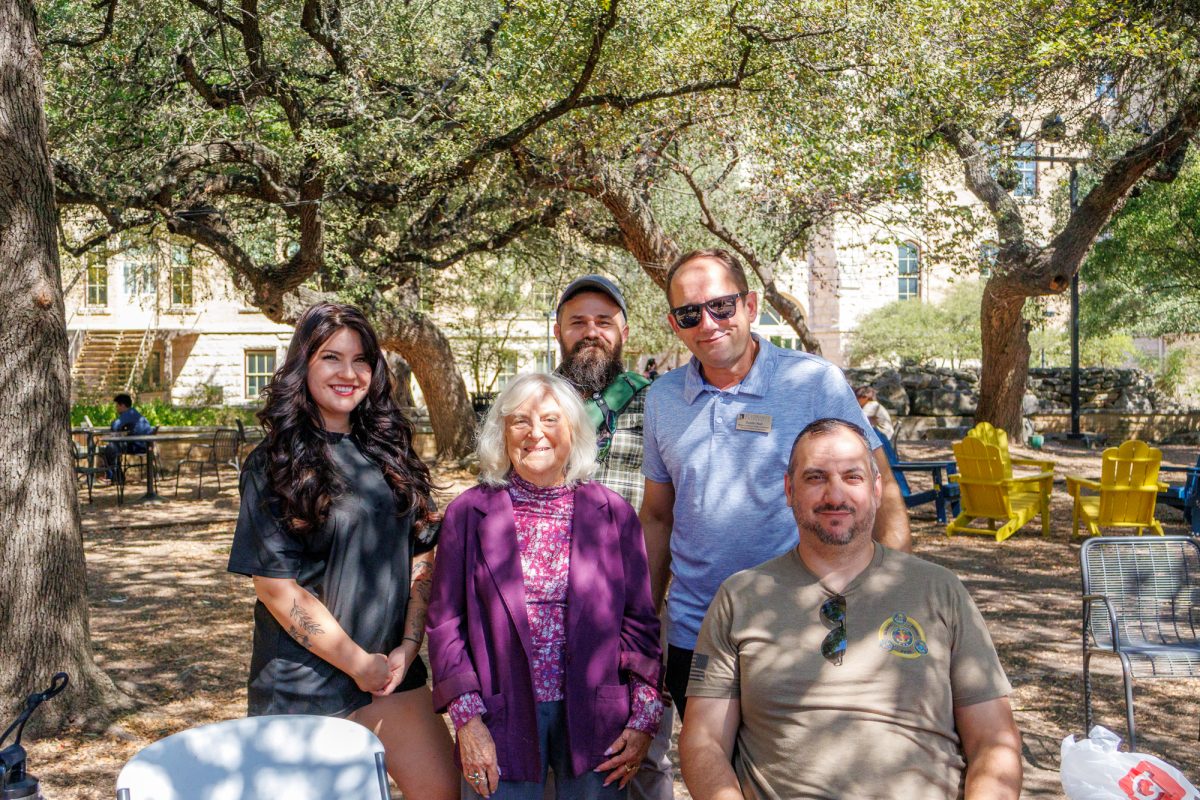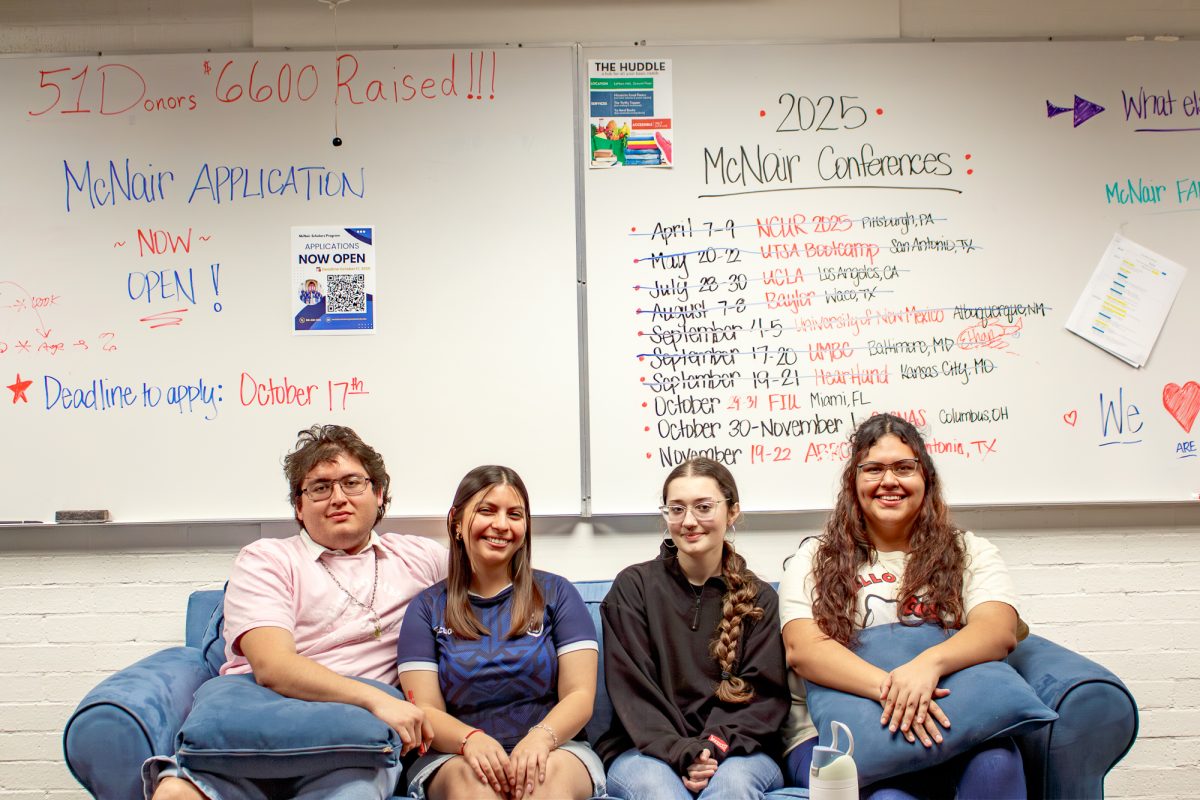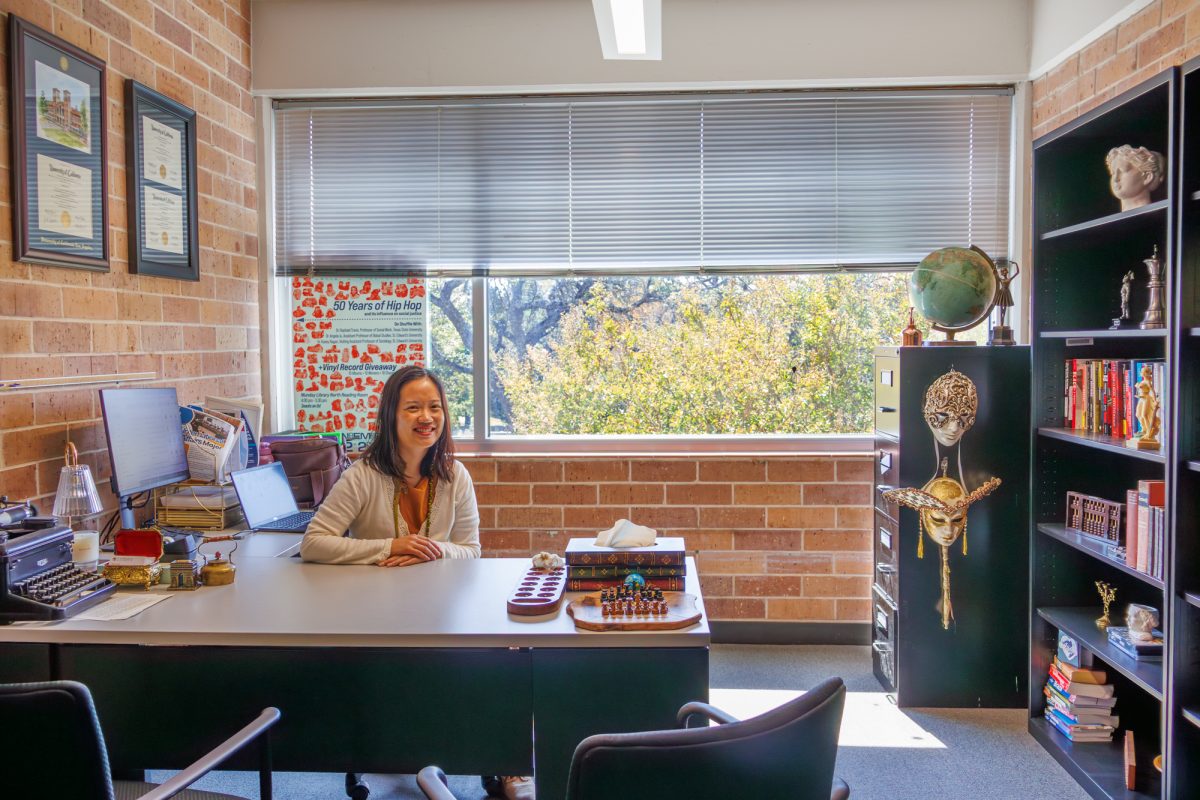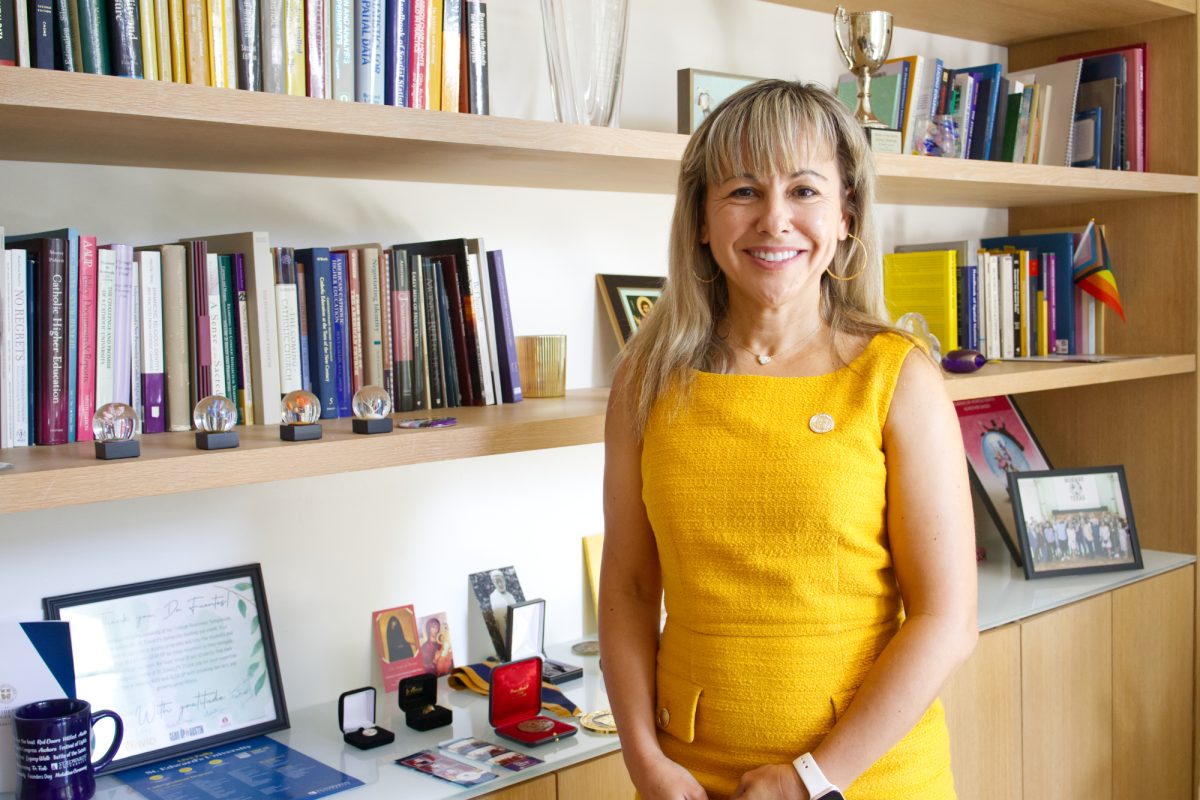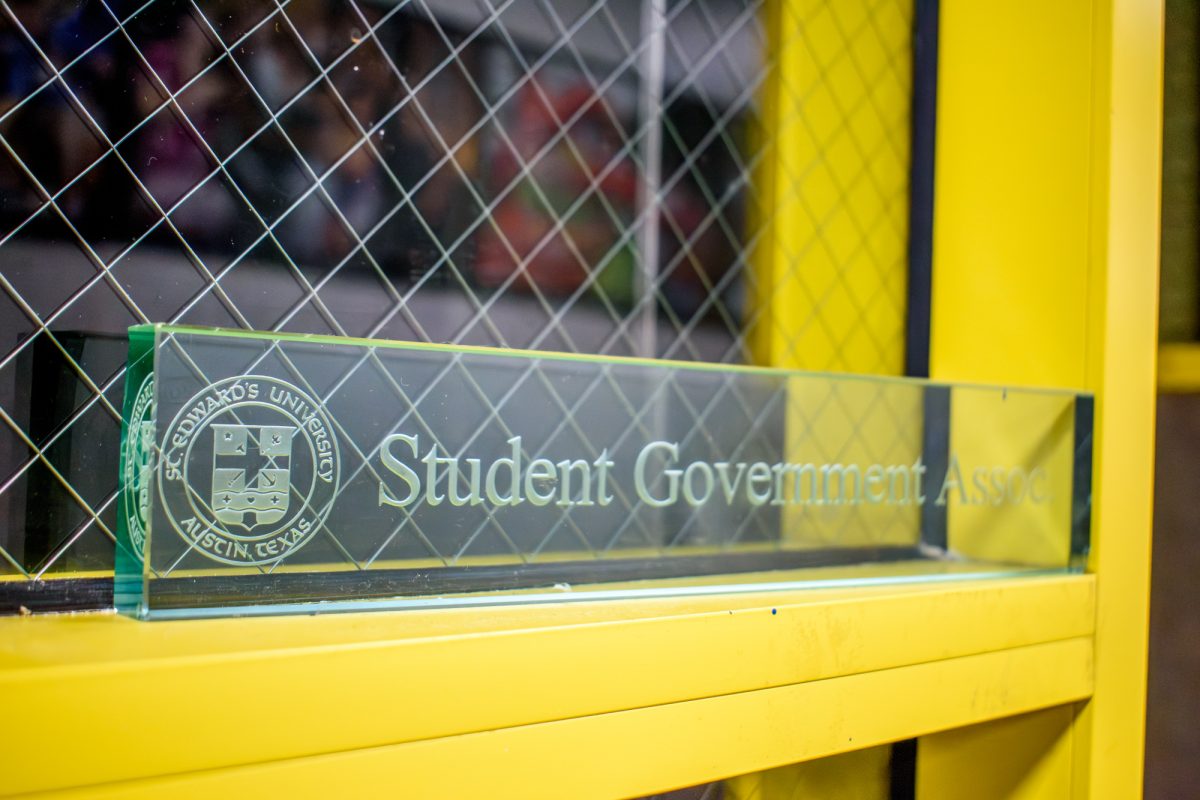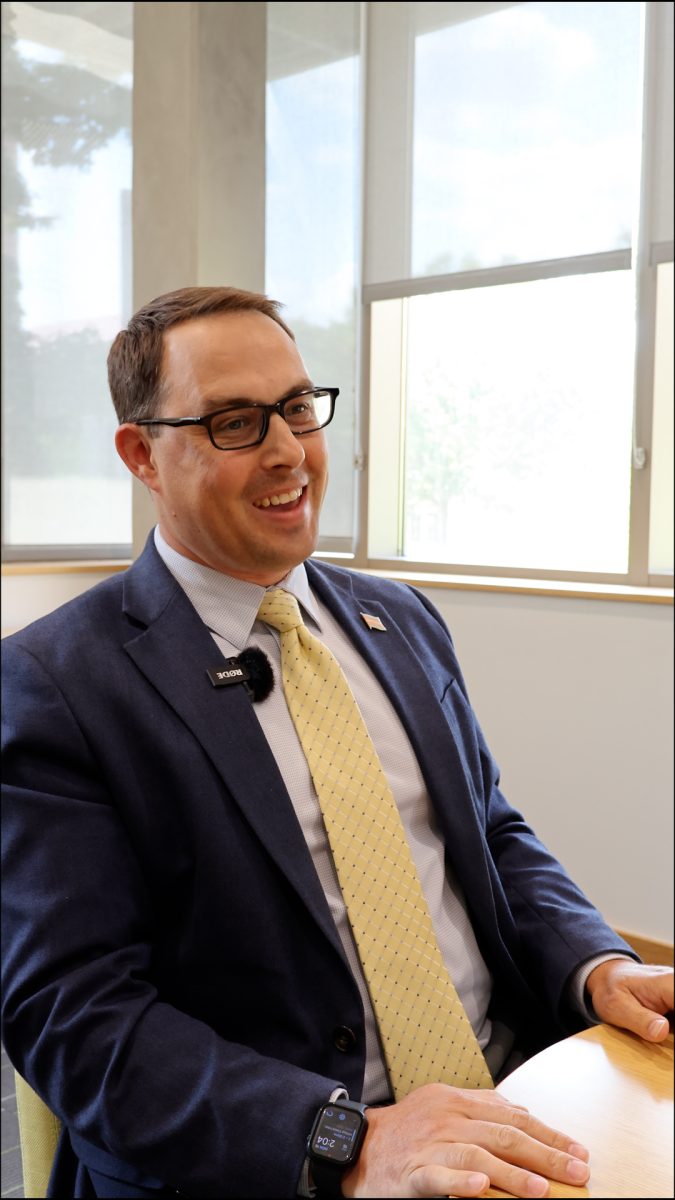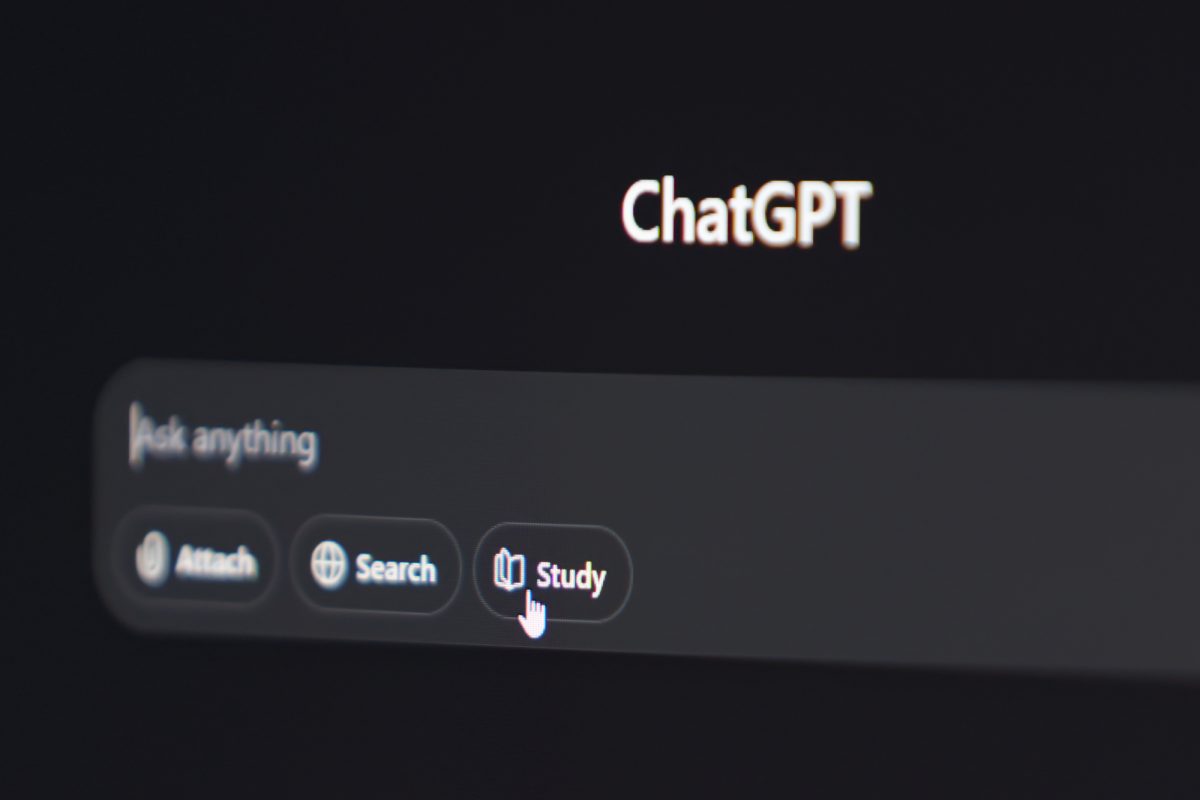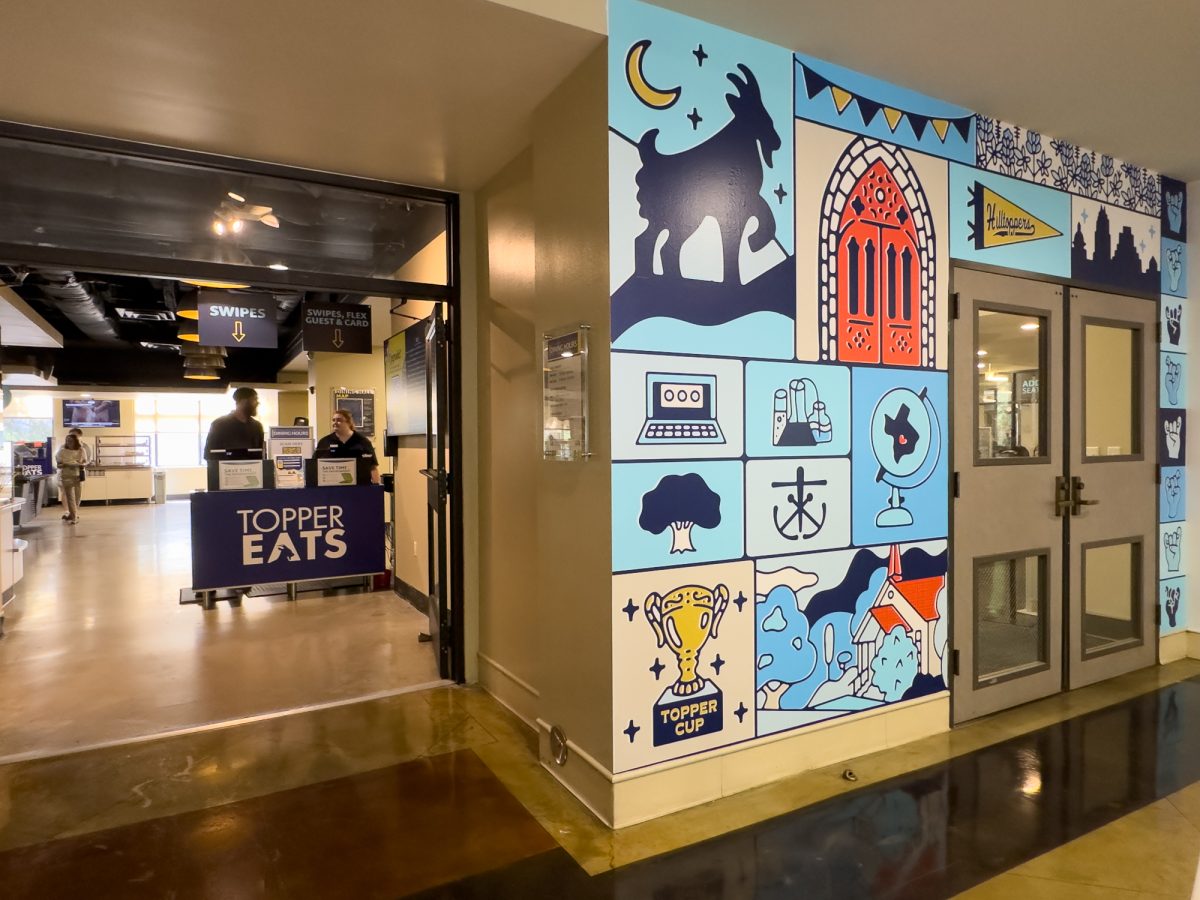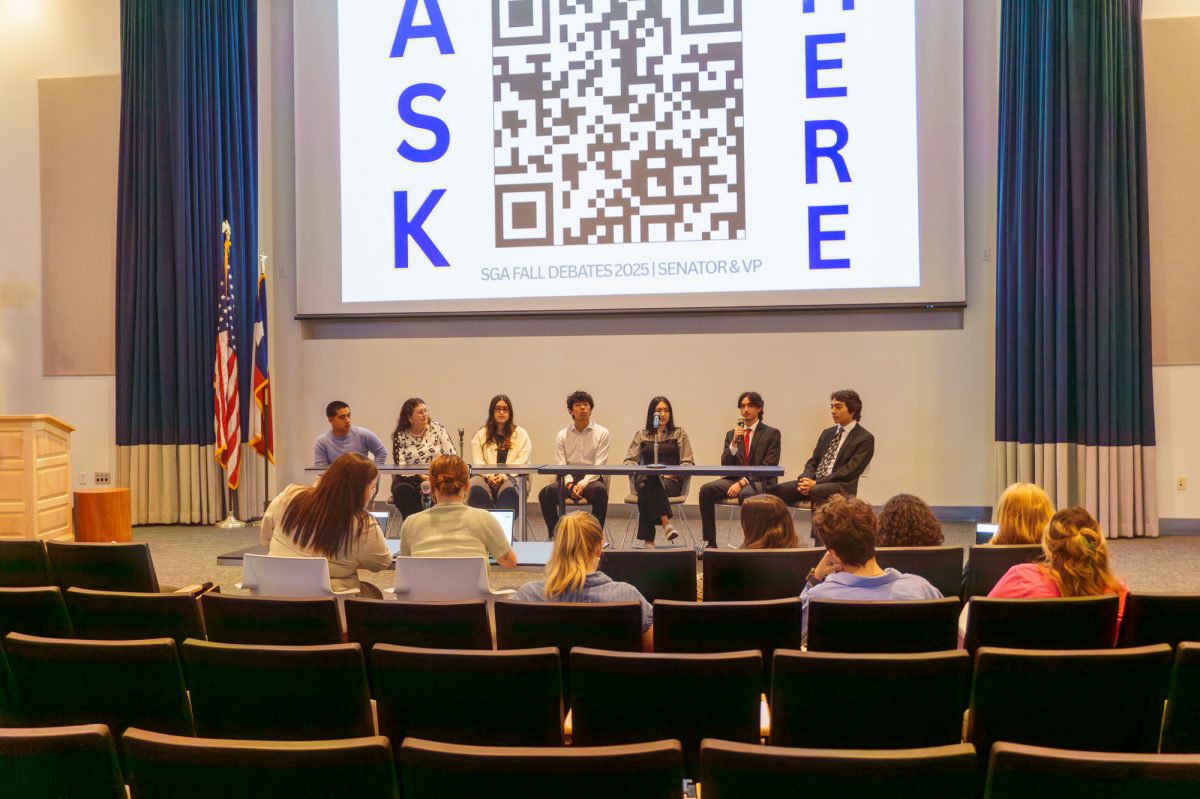Journalist and author Roxanna Asgarian came to campus to discuss her new book and the injustices of the child-welfare system in Texas this past Friday. Her book “We Were Once a Family: A Story of Love, Death, and Child Removal in America” covers the story of a murder-suicide that led to the death of six children.
The event was hosted by the Kozmetsky Center, which is devoted to promoting healthy civic life and engagement for students. Associate professor Adam McCormick was the moderator, first asking Asgarian questions and then opening up a Q&A portion for students.
The Hart family murder-suicide was committed by married couple Sarah and Jennifer, who murdered their six adopted children after driving off a cliff in California. Asgarian had been assigned to cover the breaking news story of these murders, and after already doing a deep dive on the state’s long-term child care systems, such as adoption and foster care, she realized there was a deeper story on child-welfare. This led her to do an in-depth exploration of the birth families who were separated from their children and other key players involved with the tragedy while also exploring the tragedies of the child-welfare system and how it failed to protect the children.
“I think it’s really important to do more work about the child-welfare system,” Asgarian said. “It’s a very under-covered beat. So that was my motivation originally, and just seeing how misunderstood aspects of the story were in other major (news coverage), because you know this story got a lot of coverage and a lot of these stories were very salacious, and they didn’t tell the whole story. So it was motivating to me to get the part that I thought was really important out there because people cared, I knew people cared, but I just felt like they didn’t have the whole thing.”
The history of how the child-welfare system came to be is a large portion of her book. Asgarian also emphasized the normalized experiences of the child-welfare system. Tragedy is an outlier; however, the steps leading up to it are often neglected.
“I would say that the child-welfare system is not just broken, but it was set up to separate families,” Asgarian said. “And so I think the biggest takeaway I would want is for people to understand more about what the child-welfare system actually does rather than what we all think that it does.”
The emotional turmoil that came with digging into the Hart murder story made it hard for Asgarian to disconnect from the story while working on it. However, she prioritized her mental health while working.
“I think it was tough,” she said. “I think that I had to be really honest about the impact that the trauma was having on me. Both my own personal trauma and the trauma I was witnessing was really intense. I started trauma therapy and I have a pretty close group of journalist friends who do pretty intense work so I leaned on them a lot too.”
Students attending Asgarian’s talk, like senior social work major Jae Johnson, enjoyed the discussion on child-welfare systems.
“For me, the biggest takeaway is that you don’t need to be in any of those fields to understand abuse, and how the child welfare system facilitates it,” Johnson said. “Asgarian is a journalist and she was able to make the observation that Texas welfare systems will send your kids off to a wealthy white family – just because you’re black and/or underprivileged – without vetting them or following up with them. That’s how those children were murdered.”
The Carter Auditorium was packed with students – mostly social work and psychology majors. Johnson emphasized that the university should continue to host speakers like this in the future.
“More importantly, there needs to be interdepartmental collaboration on getting students across various interests/majors/disciplines to attend, so that we can share what we know and help others to apply it to their knowledge and understanding of the world,” Johnson said.

